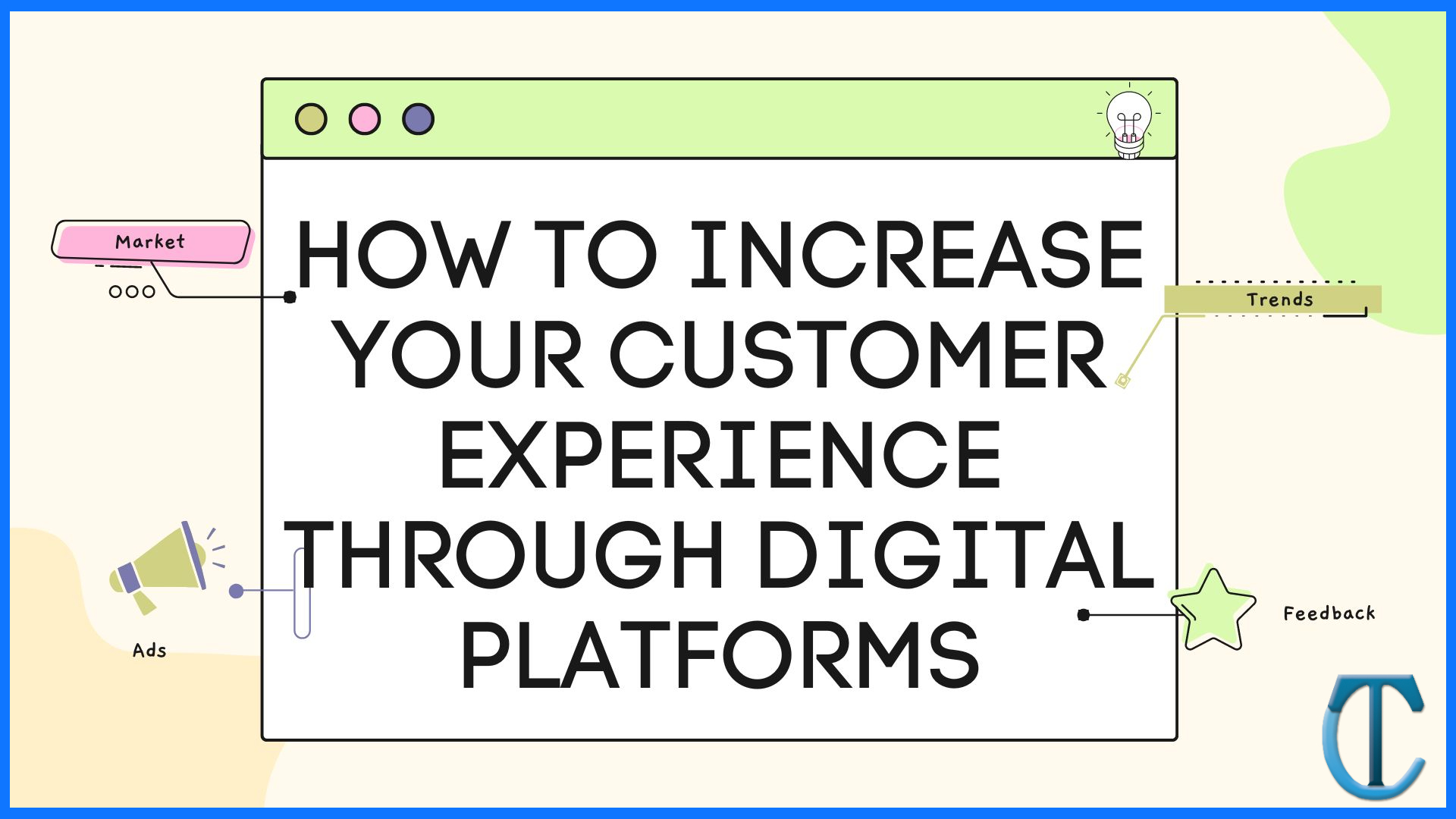What Technologies are PACS Based? [A Review]
[ad_1]
Introduction
PACS, or personal area communication systems, are a type of technology that
allows healthcare professionals to communicate with each other more easily and
efficiently. They can be used for a variety of purposes, such as coordinating
care, tracking patients’ progress, and providing information about treatments.
PACS are most commonly used in hospitals, but they can also be found in
clinics and other medical facilities.
You want to know what technologies are used in PACS.
You have to choose a PACS but you don’t know where to start. We have collected
information on the most popular PACS technologies and what they can do for
you.
What Technologies are PACS Based?
There are many types of technologies that are used in
cloud PACS.
Some include desktop and laptop computers, scanners, printers, and networks.
In order to use PACS technology effectively, it is important to understand the
different ways that these technologies can be combined. For example, a printer
can be connected to a computer so that documents can be printed directly from
the computer. This is known as “print-to-file.”
Relevant Reading
All the Reasons Why VPN Should Be Your Go-To Option
Another way to use PACS technology is to send images from one scanner to
another scanner or printer. This is called “scan-to-scan” or
“scan-to-print.”
In recent years, there has been increasing use of cloud computing in PACS.
Cloud computing means that remote servers are used instead of local computers.
This allows users to access files and applications from anywhere they have an
internet connection.
PACS Technologies
PACS Technologies is a company that specializes in developing and deploying
technology solutions for the healthcare industry. Their products include
software that helps doctors and nurses communicate more easily and securely,
as well as electronic health records (EHR) systems that allow patients to
access their medical records from any device. PACS Technologies has been
helping hospitals and clinics around the world improve patient care for over
30 years, and they continue to innovate new ways to make healthcare more
efficient and accessible.
PACS Software
PACS is software that helps doctors to exchange images and data from different
types of medical devices. It was designed so that doctors can share
information more easily, speeding up the process of diagnosis and
treatment.
PACS Hardware
PACS hardware refers to the various devices and software that are used to
manage patient data. These devices can include laptops, scanners, and
printers. Many hospitals now rely on PACS to help with efficient communication
between doctors and patients.
PACS Imaging
PACS (Peripheral Arterial Chelation Scans) imaging is a type of angiography
that uses a contrast agent to highlight the blood vessels in an image. The
scan can be used to diagnose coronary artery disease, stroke, and other
medical conditions.
PACS Viewer
Pacs viewer is computer software that enables users to view and print patient
record forms (PACS) from their computers. PACS viewer helps to improve
efficiency by providing patients with their own private space for healthcare
records, which can be accessed from any device.
PACS Workstations
PACS is a term that refers to an imaging technology that uses digital images
to create medical images. PACS stands for Picture Archiving and Communication
System. PACS technologies can be classified into two groups: centralized and
decentralized systems.
Relevant Reading
5 Expert Advised Cyber Security Measures for Businesses
Centralized PACs are systems in which the radiologist or imaging specialist
maintains a central image database. Decentralized PACs are systems in which
the radiologist or imaging specialist accesses images from individual
computers or storage devices.
Final Words
In conclusion, PACS technologies are based on a variety of different
technologies. The most common technology used is DICOM, but there are other
options available. It is important to understand the different technologies
available and how they can be used in order to make the best decision for your
organization.
[ad_2]
Source link







